Media Freedom in Venezuela: Challenges and Restrictions
Venezuela has been facing significant challenges when it comes to media freedom. The government’s control over the media landscape has led to restrictions on freedom of expression and the press. This article will explore the challenges faced by journalists and media outlets in Venezuela, as well as the implications of these restrictions on democracy and freedom of speech.
Government Control and Censorship
The Venezuelan government, under President Nicolas Maduro, has been accused of using censorship and intimidation tactics to control the media. Journalists who criticize the government or report on sensitive issues risk facing harassment, threats, and even imprisonment. This has created a climate of fear and self-censorship among media professionals.
Case Study: The Closure of RCTV
In 2007, Radio Caracas Television (RCTV), one of Venezuela’s oldest and most popular television channels, was forced off the air by the government. The closure of RCTV was seen as a clear example of the government’s crackdown on independent media outlets.
Internet Restrictions and Surveillance
In addition to traditional media outlets, the Venezuelan government has also been accused of restricting internet freedom. Social media platforms and websites critical of the government are often blocked or censored. Furthermore, there have been reports of surveillance and monitoring of online activities by government agencies.
Statistics:
- According to Reporters Without Borders, Venezuela ranks 148 out of 180 countries in the World Press Freedom Index.
- In 2020, the NGO Espacio Público documented 498 violations of freedom of expression in Venezuela.
Implications for Democracy
The restrictions on media freedom in Venezuela have serious implications for democracy and freedom of speech. A free and independent media is essential for holding governments accountable and informing the public. Without access to unbiased information, citizens are unable to make informed decisions and participate effectively in the democratic process.
Summary
In conclusion, media freedom in Venezuela faces significant challenges and restrictions due to government control, censorship, and surveillance. The closure of independent media outlets and the crackdown on journalists have created a climate of fear and self-censorship. These restrictions have serious implications for democracy and freedom of speech in the country. It is essential for the international community to continue monitoring the situation in Venezuela and advocating for media freedom and human rights.














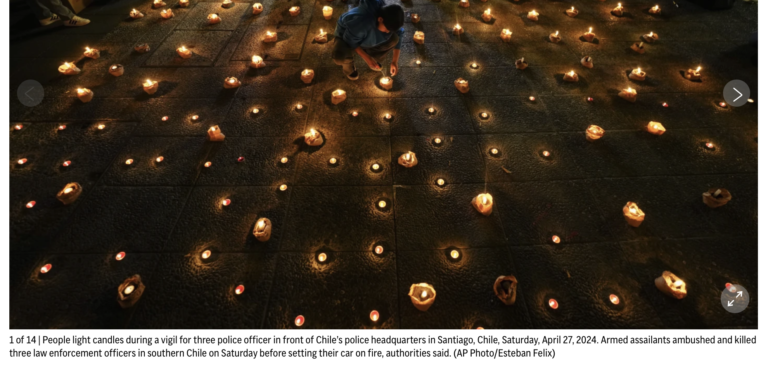
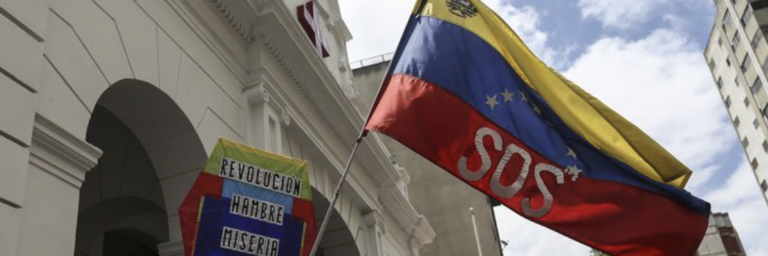
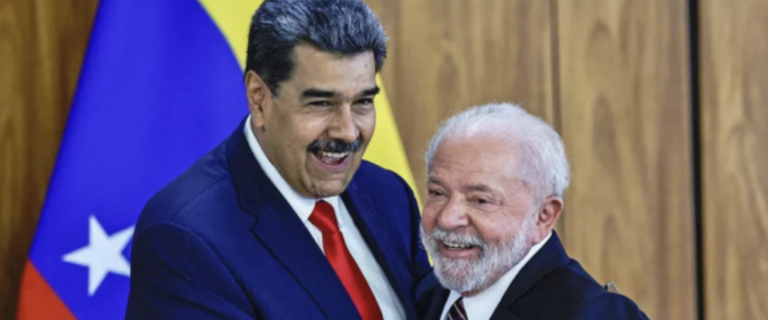
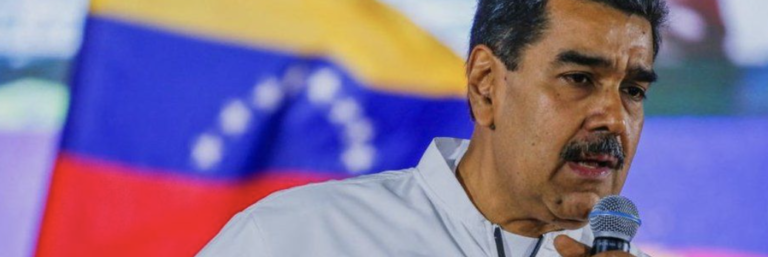
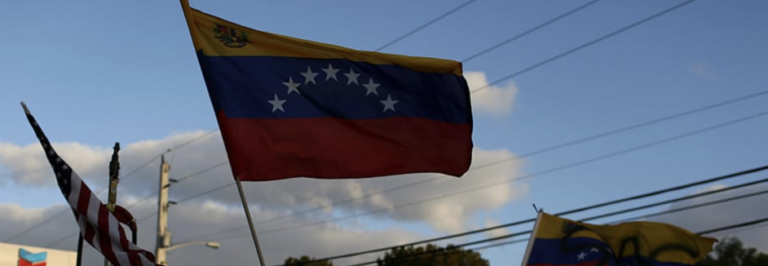
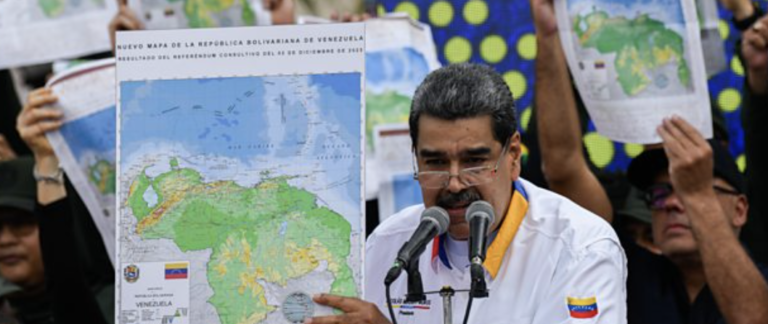








+ There are no comments
Add yours